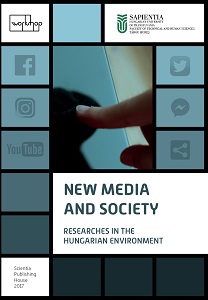
We kindly inform you that, as long as the subject affiliation of our 300.000+ articles is in progress, you might get unsufficient or no results on your third level or second level search. In this case, please broaden your search criteria.

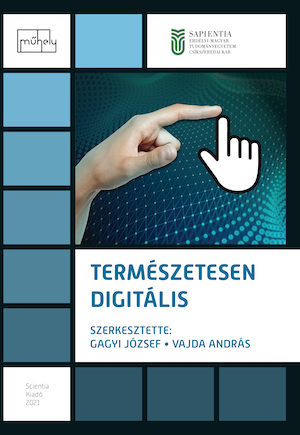

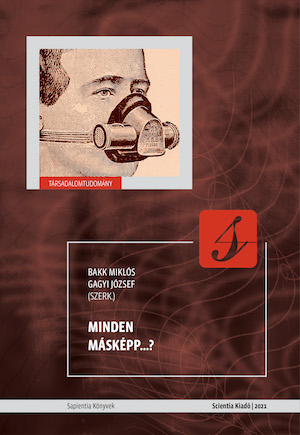

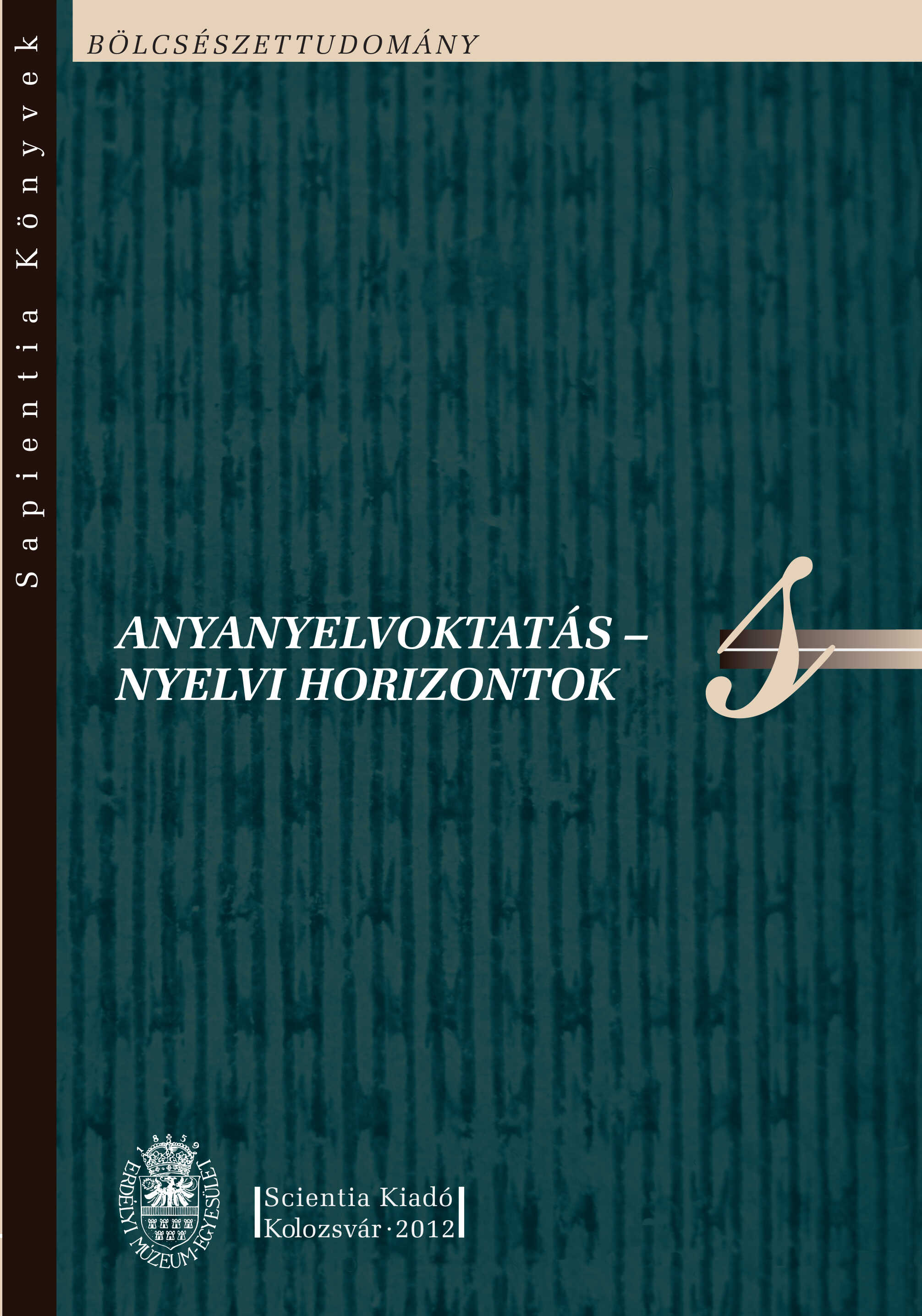


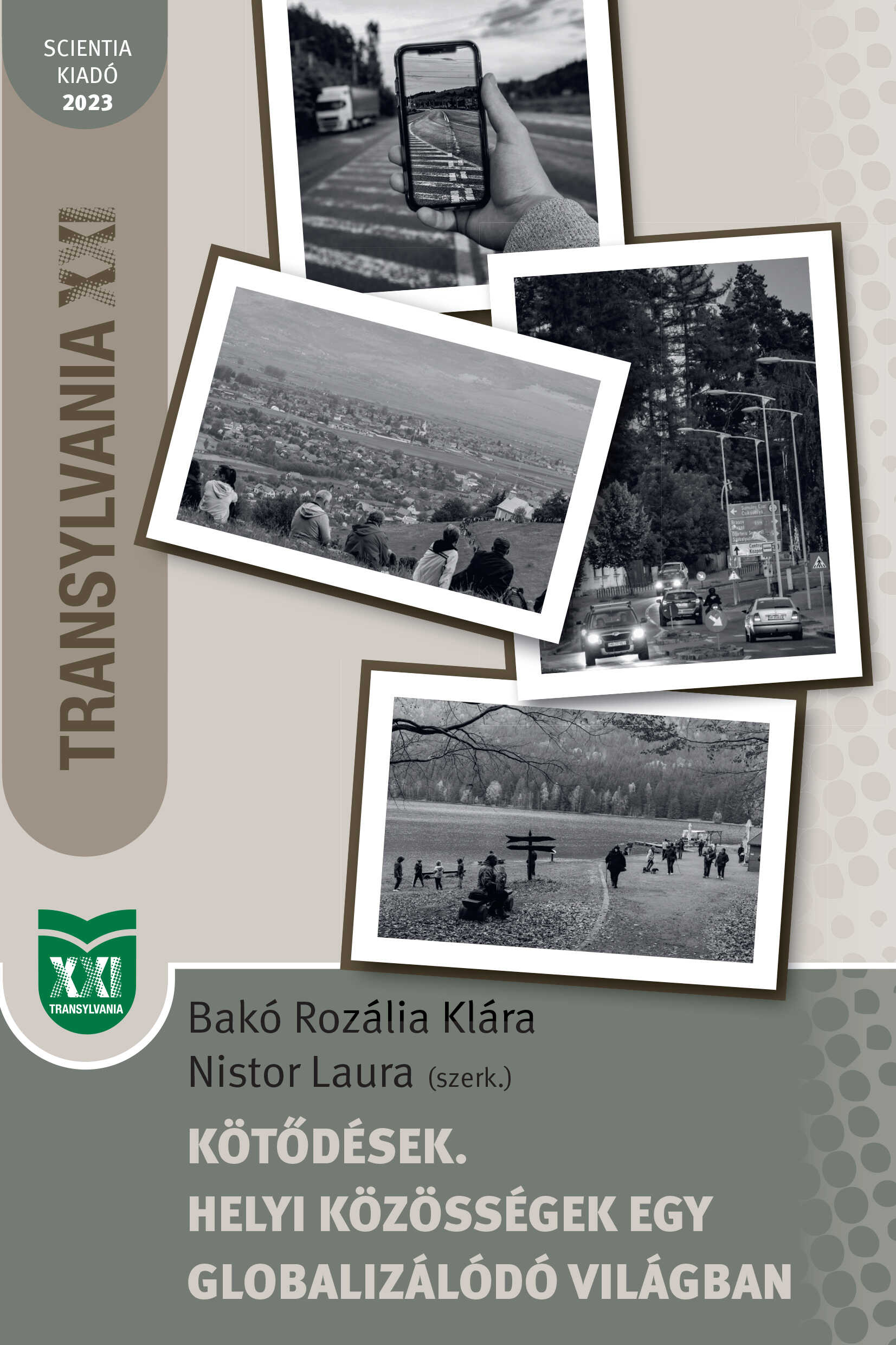


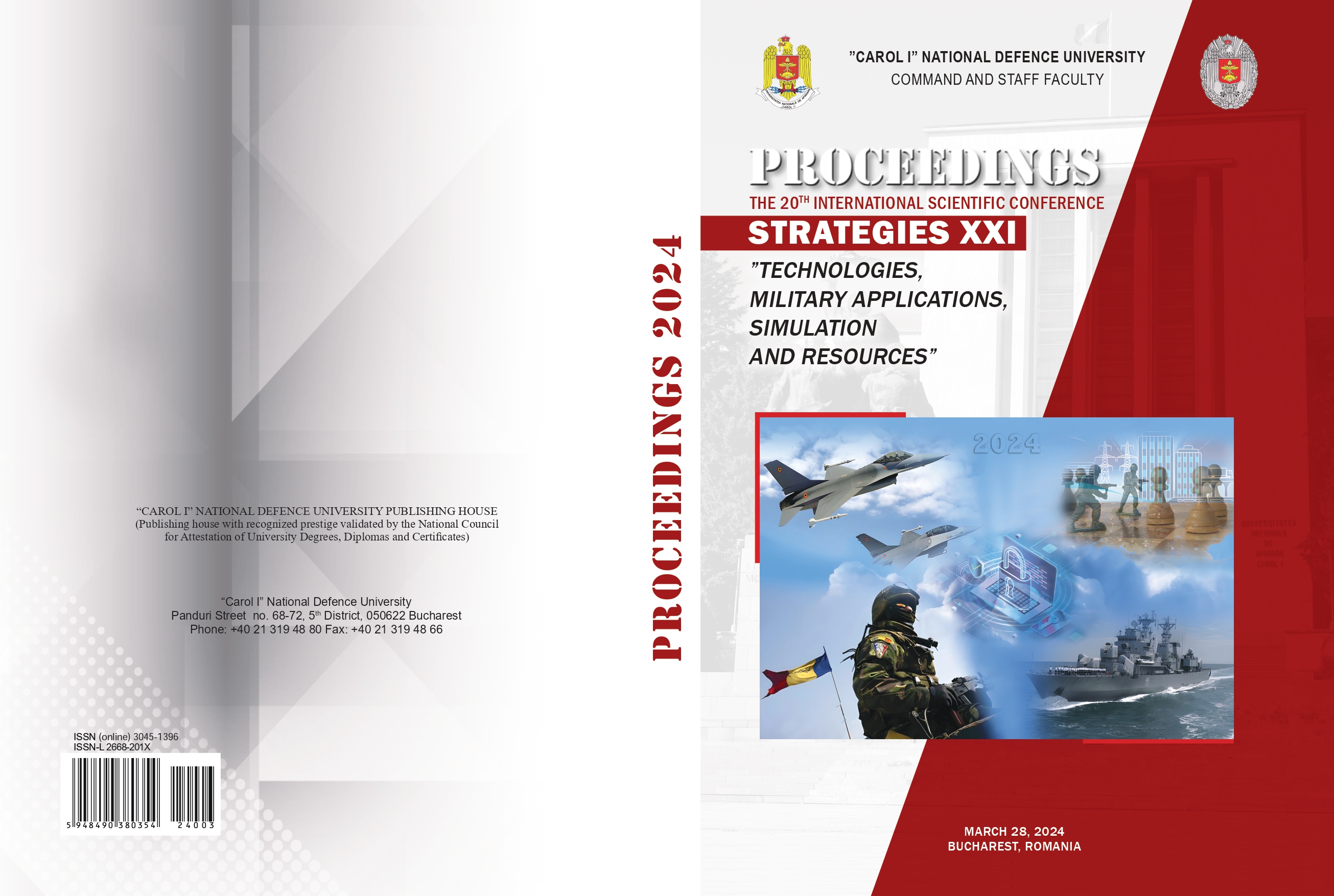
Traditionally collective security coexists with collective defence. Although security and defence are complementary in the transatlantic system, their differentiation clarifies the concepts. The paper applies security concepts to EU security to find elements of common, comprehensive security within the EU. NATO remains a common security provider. Thus, EU widens and NATO deepens the security concept. NATO-EU security however is still a matter of ad-hoc decisions, unfixed combination of adjectives.
More...
The Russian aggression against Ukraine has significantly altered the international security environment. Traditional democracies are now faced with new challenges and are seeking innovative solutions to address them. The conflict between Russia and Ukraine involves two powerful armies employing their respective doctrines, warfare knowledge, and advanced weapon systems to gain an advantage. Western countries have been supporting the Ukrainian armed forces by providing them with sophisticated weapons and technologies, which have enhanced their chances of success. The combat effectiveness of these new capabilities is undeniable. However, the failure of the 2023 Ukrainian Summer Offensive to achieve its stated objective necessitates an evaluation of the overall impact of these capabilities. This article aims to identify the limitations of new weapon systems and solutions to improve and exploit their effects on the battlefield in an objective and balanced manner.
More...
This article examines the crucial role of intuition in military decision-making, integrating insights from Gary Klein’s Recognition-Primed Decision (RPD) model and Daniel Kahneman's analysis of cognitive processes. It highlights how intuition, honed through experience and rapid pattern recognition, plays a pivotal role in high-stakes military environments. The paper showcases real-life examples, demonstrating the effective use of intuition in command decisions and the collective intuition of military teams. It also explores the enhancement of military intuition through narrative structures, metaphors, and analogies, emphasizing their importance in strategic thinking and decision-making. The article addresses the challenges of intuition, including the potential for misjudgment and the necessity of training to refine intuitive skills. This study provides significant insights into the blend of intuitive and analytical thinking in military operations, underscoring its value in modern warfare.
More...
Hybrid maritime warfare, a complex form of conflict blending political, economic, military, informational, and diplomatic instruments in the maritime domain, poses significant challenges for both NATO and the European Union (EU). This analysis explores how NATO and the EU address hybrid maritime warfare within their doctrines and concepts and delves into the implications for Romania. Both organizations recognize the intricate nature of this threat and emphasize the importance of maritime security globally. In the case of Romania, a Black Sea littoral country, whose objective is to strengthen the security situation in the maritime space, the solutions for efficiently addressing the multiple aspects/effects of hybrid maritime threats include, but are not limited to, enhancing military capabilities, identifying and implementing measures for energy security and independence, regional cooperation with states in the Wider Black Sea Region, as well as the development of port and maritime infrastructure.
More...
New or enhanced technologies that have the potential to drastically alter conventional security and defense paradigms are known as disruptive technologies. The paper approaches six types of disruptive technologies that have military applications: biotechnology, directed energy weapons, hypersonic weapons, artificial intelligence, autonomous weapons systems, and quantum technology. The essay examines each technology's possible advantages and disadvantages as well as how they may affect the geo-temporal framework of military operations within the international security context and the balance of power in the world. The impact of disruptive technologies on the geo-temporal framework of military action is a topic of growing interest and concern. The most recent armed conflicts have reached an unprecedented level following hundreds of years of technological progress based on technical and scientific discoveries with effects on military strategy. It's becoming increasingly clear that technological superiority, together with the balance of forces, plays a major role in military conflict. New forms of cooperation and regulation are considered necessary to avoid a new arms race and ensure compliance with the rules of engagement and laws of war. This includes an ethical and constructive approach involving all stakeholders: governments, military organizations, civil society, academia, and the private sector.
More...
In an era characterized by contested geopolitical landscapes and the emergence of diverse threats, the resilience of states in the face of these challenges requires increasingly complex analysis. At the heart of the analysis is the role of NATO and its strategic evolution in response to these threats generated by new technologies that also require innovative strategies. In this context, current strategies used by national and Euro-Atlantic entities to enhance military resilience will be assessed. Thus, new threats require new international collaborations, as can be seen in the ongoing Russian-Ukrainian conflict. In this context, reference will also be made to a shift in the paradigm of military strategy after the Cold War, highlighting the imperative of resilience in the face of contemporary challenges. The aim of the article is to provide a comprehensive understanding of the need to implement collective and proactive defense mechanisms and policies that can effectively overcome the obstacles posed by the geopolitical arena of the 21st century.
More...
The balance of power is considered to be a self-help mechanism, support, and cooperation in an anarchic international system, specifically one in which there are no supranational structures to impose specific behaviors or decisions on states. Both balancing and alignment are considered attributes of the balance of power, and balancing against the Soviet Union ultimately led to the formation of the North Atlantic Alliance. Thus, after the end of the Cold War, the same process helped in the reconfiguration and adaptability of the Alliance. The reconfiguration of political and national values in relation to power interests is considered a permanent process at the state level. From this perspective, it is of interest how states configure both their cooperation with other states and the development of their own military capabilities.
More...
In the context of the electoral year, an analysis of the political participation of young people is necessary because it may lead to observations that could contribute to the democratic process of voting. The participation of young voters is indicative of their engagement in promoting democratic values. The importance of the topic is relevant in the context of the 2024 elections, especially because it highlights a current and ever-present issue at the societal level, with implications at the national, regional, and/or international levels. What implications could youth political participation have for a healthy democracy? What indicators could explain youth voter absenteeism and/or their declining turnout? Why are they no longer involved in "citizen affairs"? The subject underscores the importance of the political participation of young people as an indicator of an inclusive and resilient society.
More...
The present study explores the effectiveness of the current framework set in place at Euro-Atlantic level to ensure societal resilience to disinformation. We delve into whether or not European societies are equipped to manage information manipulation and its effect on democracies in the context of the 2024 elections. Through a comprehensive analysis, the article examines the policies and strategies deployed to combat disinformation throughout the past decade, evaluates their effectiveness, and assesses their impact on public trust and electoral integrity. From a methodological standpoint, the paper identifies trends in disinformation tactics and their evolution, connecting the dots between disinformation and its effects on democratic resilience in a longitudinal approach. It discusses the collaborative efforts between governments, tech companies, and civil society in safeguarding democratic values against the backdrop of increasing digital manipulation. The article continues by offering insights into the most notable measures aimed at bolstering resilience to disinformation for safeguarding democratic institutions and societal cohesion. The concluding analysis delves into hurdles that need to be overcome when it comes to implementing the frameworks that have been put forth by the EU, the organisation that has championed resilience building in many aspects – societal and democratic at the forefront – throughout the past years.
More...